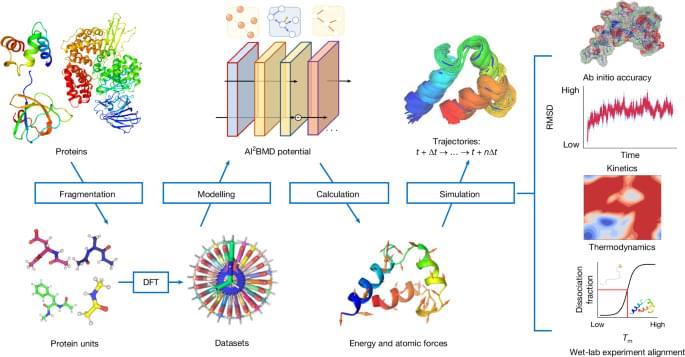Nuclear fission has powered our world and medical advancements for decades, yet some of its secrets have remained elusive.
One of the biggest puzzles? What exactly happens when an atom’s nucleus splits apart at its “neck rupture” point.
Aurel Bulgac, a physics professor at the University of Washington, has been delving into this very question. He and his team set out to simulate the intricate particle dance during this critical moment of fission.








